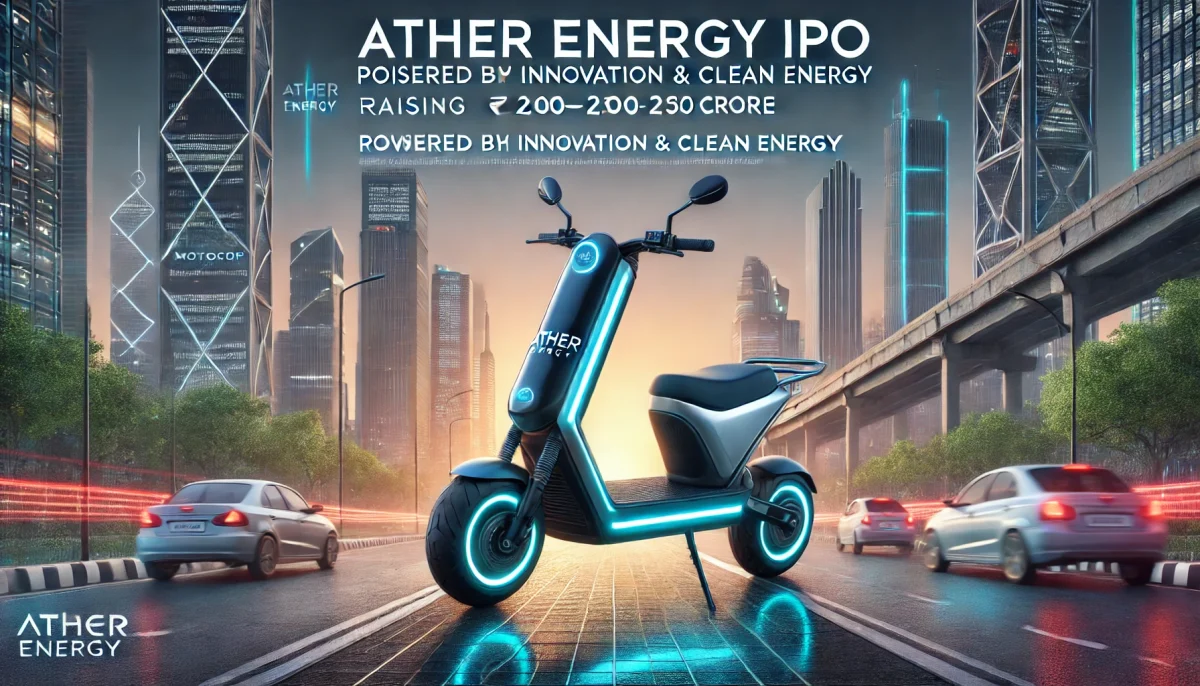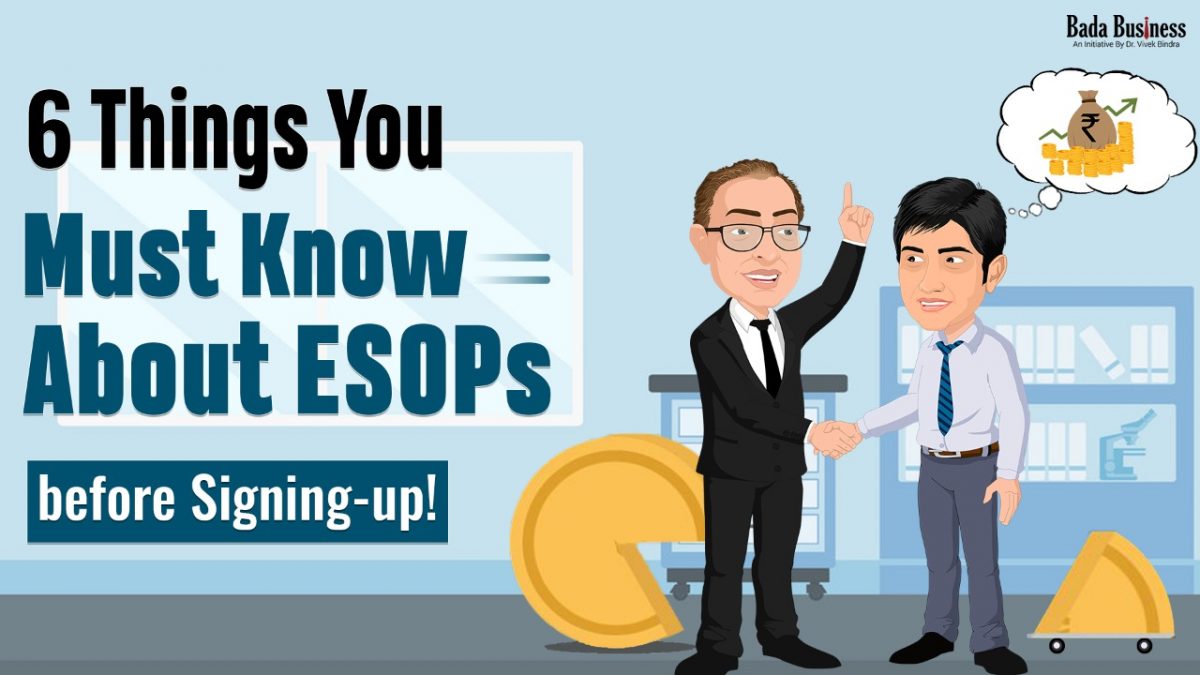Sales means selling a product or service to a customer in exchange for money. When a company or an individual offers their product or service to a customer and receives money in return, it is called Sales.
➕ Simple Formula:
Sales = Product/Service + Buyer + Exchange of Money
Why is Sales Important?
- 💰 Main source of income for any business
- 📈 Helps in profit growth
- 👥 Expands customer base and market reach
- 🔄 Maintains healthy cash flow
- 📊 Best indicator of business performance
Types of Sales
- Direct Sales:
When a company or salesperson sells a product directly to the customer.
Examples: Door-to-door sales, In-store sales, Personal selling. - Indirect Sales:
Sales through dealers, distributors, agents, or third-party platforms.
Examples: Retailers, Franchise outlets. - Online Sales:
One of the fastest-growing sales models today via e-commerce platforms like Amazon, Flipkart, company websites, or social media channels. - B2B Sales (Business to Business):
When a business sells its product or service to another business. - B2C Sales (Business to Customer):
When a business sells directly to the end customer.
Difference Between Sales and Marketing
| Marketing | Sales |
|---|---|
| Attracts potential customers | Converts customers into buyers |
| Focuses on awareness and branding | Focuses on revenue and conversions |
| Long-term strategy | Short-term, target-based strategy |
👉 Marketing brings the customer in; Sales closes the deal.
How to Improve Sales – Effective Techniques
✅ Understand customer needs
✅ Build strong relationships
✅ Have deep product knowledge
✅ Practice effective communication skills
✅ Use CRM (Customer Relationship Management) tools
✅ Apply a proper Sales Funnel Strategy
How to Build a Career in Sales?
Today, there is a high demand for roles such as Sales Executives, Business Development Managers, Digital Sales Experts, etc. If you have strong communication skills, sales can be a high-growth career path.
Skills Needed for a Sales Career:
- Communication
- Negotiation
- Customer Handling
- CRM Software Knowledge
- Follow-up Techniques
Conclusion:
Sales is the heart of any business. No business can survive without it. Whether you’re running a small shop or a large company, having strong sales skills is essential. With the right strategy and understanding of your customers, you can boost your sales multiple times and drive your business toward success.
For More – News.BadaBusiness.com



